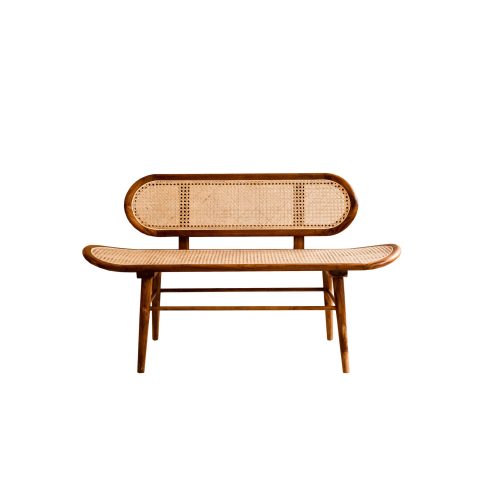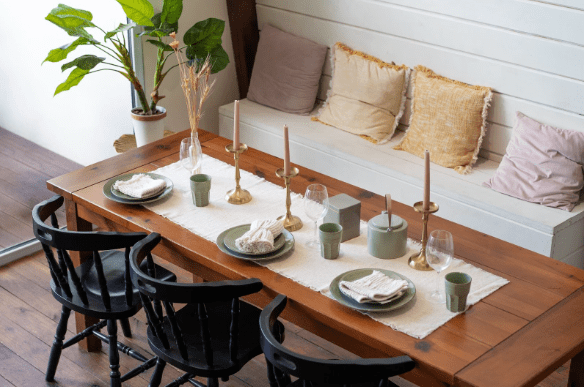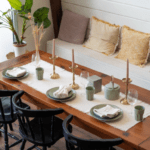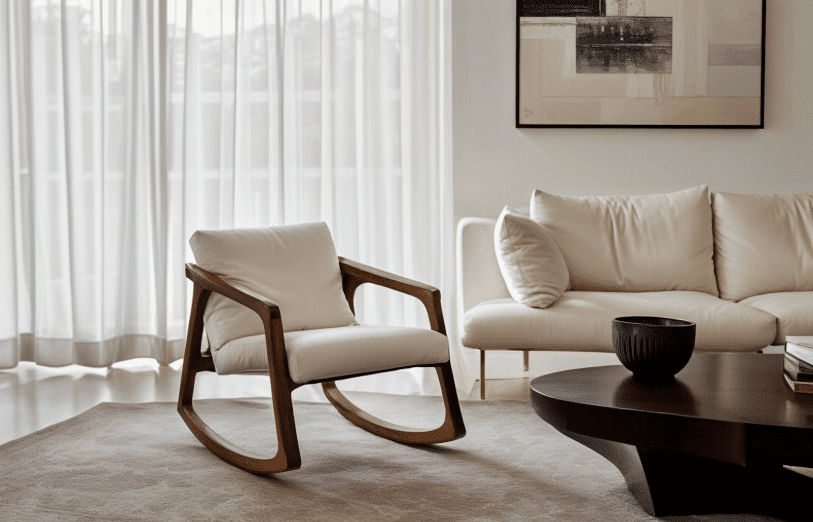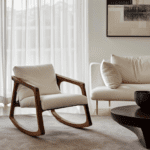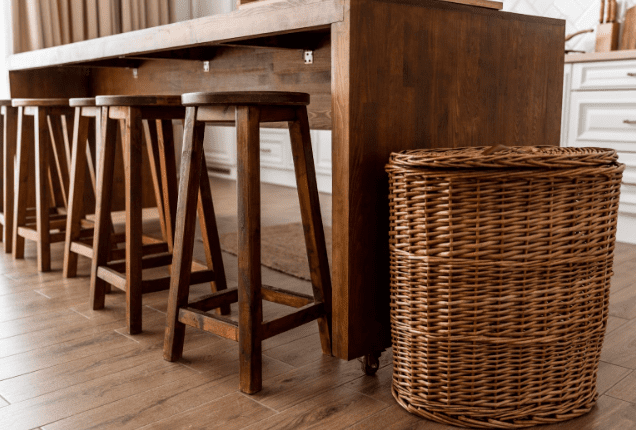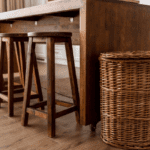
Different woods handle weight, moisture, and weather differently. And if you’re buying one for your home, garden, or even a commercial space, durability and style shouldn’t be a gamble.
Here’s a simple guide to help you choose the most durable wood for your bench.
Not All Woods Sit the Same
But not all of them are ideal for a wooden bench, especially if you want it to last under daily use or outdoor exposure.
Some woods are too soft, others don’t handle moisture well, and a few might be beautiful but incredibly high-maintenance. Choosing the right wood means fewer repairs, less sagging, and more years of sturdy seating.
1. Teak Wood Holds Up When Others Give In
This hardwood is rich in natural oils that make it resistant to water, mould, rot, and even termites. It doesn’t splinter easily, and it won’t warp in Singapore’s humidity.
That’s why teak is often used in outdoor furniture, garden benches, and boat decks. Yes, boat decks. If it can survive the sea, it can definitely survive your patio.
Teak also weathers beautifully. Over time, it develops a silver-grey patina if left untreated, which many homeowners love for its rustic charm. If you prefer the original honey-brown tone, just oil it occasionally.
2. Suar Wood Brings Boldness Without the Fragility
You’ll often find it in solid wood furniture pieces because of its thick slabs and natural edge profiles.
It’s extremely strong and resistant to cracking. While it’s not as weatherproof as teak, it can still be used outdoors if properly sealed.
Most people use suar for indoor wooden benches, like dining benches or statement hallway pieces, because of its striking look.
It’s a good choice if you’re looking for something functional but with a bit of a wow factor.

3. Acacia Wood Handles the Heat Well
It also handles high humidity better than many other woods, which makes it a good pick for our tropical climate.
However, it does need regular maintenance if used outdoors. Without proper sealing, it might develop cracks or change colour. But for indoor benches, acacia is a budget-friendly choice that doesn’t compromise on durability.
4. Rubberwood is Great for Light Use
In Singapore, you’ll often find furniture made from rubberwood because it’s affordable and sustainable.
However, it’s less durable than teak or suar. It’s best for light-use benches, like bedroom benches, decorative pieces, or benches that don’t get moved around often. It’s not suitable for outdoor use unless heavily treated.

5. Oak and Mahogany Are Classics But Can Be Tricky
But here’s the thing, they’re not always the best choice for Singapore’s humid weather. Without proper sealing and climate control, both can swell or crack over time. They’re better suited for air-conditioned indoor spaces.
Avoid This Wood When Choosing a Wooden Bench
Pine Looks Good But Struggles to Last
Since pine is a softwood, it easily scratches and even dents with daily use. It also soaks up moisture, making it prone to warping and swelling, especially in Singapore’s humid climate.
If you’re after a bench that holds up over the years, pine’s lower price may not be worth the compromise.
The Bench That Looks Light but Holds Strong
Rattan’s woven texture brings a soft, tropical feel. It complements airy minimalist, resort-style, or Scandinavian-inspired homes with ease. But it’s not just about looks. When the rattan weave is supported by a solid teakwood frame, you get a bench that’s stylish and structurally sound.
This combination works especially well for indoor settings where comfort and design go hand in hand – entryways, reading corners, or at the foot of your bed.
This combination works especially well for indoor settings where comfort and design go hand in hand – entryways, reading corners, or at the foot of your bed.
Ready to see them in person? Book a showroom visit via WhatsApp, email, or call us at +65 8933 4723.
Ask Yourself These Before Picking the Right Wood
- Will the bench be indoors or outdoors?
- Is it for everyday use or just decorative?
- Do you want something timeless or trendy?
- How much maintenance are you okay with?
If you’re not sure, it’s always better to go with hardwoods like teak or suar that offer versatility and longevity. Your bench should feel like an investment, not a regret.
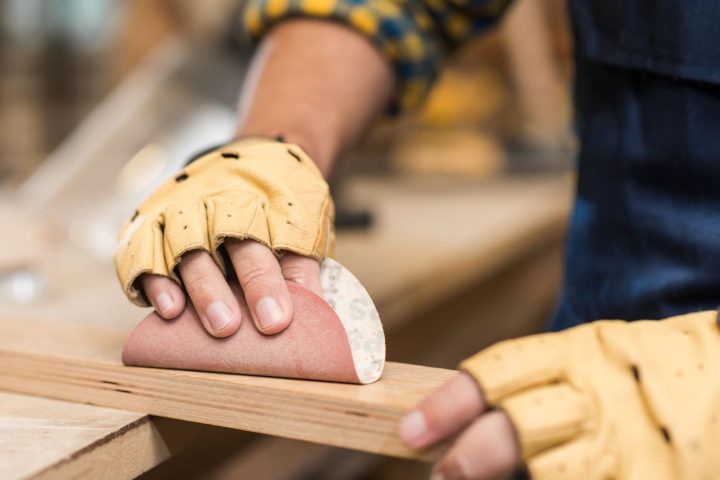
Finish and Craftsmanship Make a Difference
- Proper sealing to resist moisture
- Smooth sanding and rounded edges for comfort
- Strong joinery techniques (not just glue or nails)
- Anti-slip feet or level support
Bring Home Furniture That Lasts, Without the Hassle
Choosing the right wooden bench or furniture for your home should not feel overwhelming. At Timberry, we make it simple to invest in pieces that stay beautiful, hold up over time, and fit right into your space. No surprises, no hidden costs.

A Bench Should Last Through the Years, Not Just the Season
Both teak and suar are known for their reliable strength and lasting stability. Acacia offers a great mid-range choice, while rubberwood suits decorative settings.
Avoid woods like pine if you’re after long-term use. And remember: the finish, the construction, and the craftsmanship all matter just as much as the wood itself.
A strong bench starts with strong wood, but it ends with a craftsman who knows how to build it right. That’s what we do at Timberry. We don’t just sell benches, we help you find a seat that feels like it belongs.



